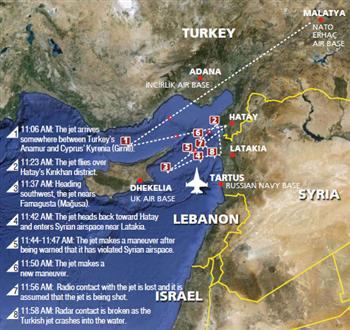Bounti Strike. Civilians were there, says MINUSMA. Paris criticizes the report (v2)
(B2) The French army's strike on Bounti, in central Mali, on January 3, killed 19 civilians, indicates a report from the United Nations mission in Mali published on Tuesday (March 30)
The presence of civilians and armed men
The Minusma Human Rights Division confirms several elements. 1° “The holding of a wedding celebration which brought together around a hundred civilians at the site of the strike” . 2° Among them, the presence of “five armed persons, presumed members of the Katiba Serma ". 3° At least 22 people, including three presumed Katiba Serma members present, were killed (19 directly, 3 during their transfer). 4° At least eight other civilians were injured during the strike. 5° The victims are all men aged 23 to 71, the majority of whom lived in the village of Bounti (or Bounty depending on the spelling). The UN report therefore confirms our analysis of confusion between civilians and armed rebels (read Bounti strike: two different versions that converge? The hypothesis of a half-burr remains latent).
Vigorous denial of the Armies and criticism of the report
The French Ministry of the Armed Forces claimed to have struck only jihadists, gathered away from the village, and away from any presence of civilians for a wedding (read: Airstrike in Bounti. No collateral damage say Malians and French). He maintains his version steadily and forcefully " in one communicated released today. “ The French armed forces carried out an airstrike targeting an armed terrorist group identified as such. Paris even vigorously attacks the reliability of the report and its " methodology " who calls from “many reservations”. “It opposes unverifiable local testimonies and unsubstantiated hypotheses to a robust intelligence method of the French armies, framed by the requirements of international humanitarian law. ". And the ministry to deny that “ this report provides any evidence contradicting the facts described by the French armed forces ».
Strict rules for collecting information
The MINUSMA investigation was nevertheless carried out with all possible rigor, according to the UN. The team observed “ strict rules for collecting information and testimonials " in order to ensure not only compliance with " highest standards " in the matter, but also " the credibility, relevance and reliability of the elements collected ". The team organized individual face-to-face interviews with at least 115 people and with at least 200 people during group meetings, and carried out more than a hundred telephone interviews ».
Important concerns, a request for investigation
For MINUSMA, this strike raises " important concerns as to respect for the principles of the conduct of hostilities, in particular the precautionary principle » and the obligation to do all that is « practically possible to verify that the targets are indeed military objectives ».
A request for an independent, credible and transparent investigation
At the end of the investigation, MINUSMA makes three recommendations to the Malian and French authorities: 1° To initiate a " independent, credible and transparent investigation to examine the circumstances of the strike and its impact on the civilian population of Bounti; 2° Review the processes for preparing a strike as well as the criteria used to determine the military nature of the objective; 3° Establish the various responsibilities and prepare (if applicable) to grant “ proper repair to the victims and their family members.
Comments : if certain arguments from the Ministry of the Armed Forces can be heard, in particular on the risk of terrorist propaganda, this exit appears clumsy to say the least and completely contrary to the usual position of French diplomacy. Failing to respond to standard requests for a report, such as an independent investigation, is brutal and disconcerting to say the least. This type of loophole could quickly turn against its authors and stick with the French government for a long time. The Quai d'Orsay regularly requests this type of investigation in the event of an incident. This was the case recently for Belarus, China and Russia, with an end of refusal in return. By using the same process as certain authoritarian regimes, France is therefore shooting itself in the foot and risks sowing more confusion than providing clarity.
(Nicolas Gros-Verheyde)
Updated at 17:45 p.m. and 18 p.m. with other elements of the report + the request for an independent investigation + the comment
